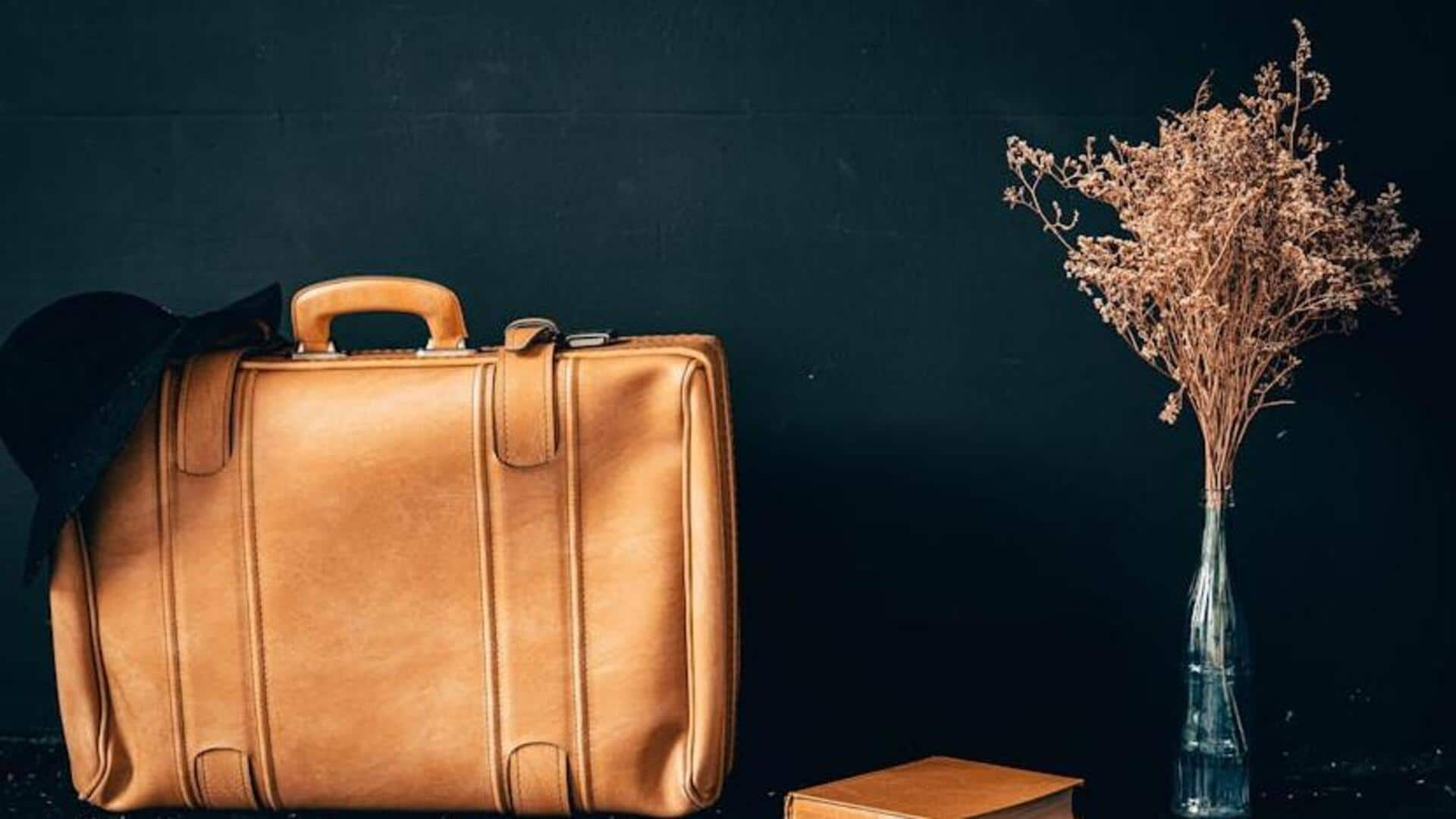
Ethical leather alternatives to embrace sustainable style
What's the story
In the dynamic world of fashion, the quest for sustainability is propelling the search for innovative alternatives to traditional materials.
Leather, a core component in wardrobes across the globe, is being critically examined for its significant environmental and ethical implications.
This article embarks on an exploration of stylish and sustainable alternatives to leather, promising fashion-forward choices that steadfastly refuse to compromise on ethical values.
Background
The rise of eco-friendly materials
The fashion industry's impact has led to a shift toward sustainability.
Traditional leather production, harmful to the environment and animal welfare, is being reevaluated.
Designers and brands are now embracing eco-friendly materials that mimic leather's aesthetic and durability but with a much lower ecological footprint.
This change reflects an increasing commitment to practices that are kinder to our planet.
Key concept
Plant-based innovations
A significant stride in sustainable fashion is the emergence of plant-based leathers.
Innovations have led to the creation of leather alternatives from unique sources such as pineapple leaves (Pinatex), apple peels, mushrooms (Mylo), and cactus.
These materials not only contribute to reducing waste but also introduce novel textures and finishes, offering a fresh palette for designers to work with in their creations.
Practical advice
How to incorporate ethical leather into your wardrobe
Adopting ethical leather alternatives is easier than you might think. Start by seeking out brands that prioritize sustainability in their production processes.
Look for certifications like the Global Organic Textile Standard or OEKO-TEX(r) that indicate environmentally friendly practices.
Experiment with accessories like belts or wallets made from plant-based leathers as an introduction to these innovative materials.
Conclusion
The future of fashion is green
The shift toward ethical leather alternatives is a reflection of a larger transformation within the fashion industry, emphasizing sustainability and ethical responsibility.
By opting for eco-friendly materials, consumers can embrace style without making compromises, secure in the knowledge that their choices support a healthier planet and foster more humane practices in fashion production.
This movement underscores a commitment to environmental stewardship and ethical integrity.